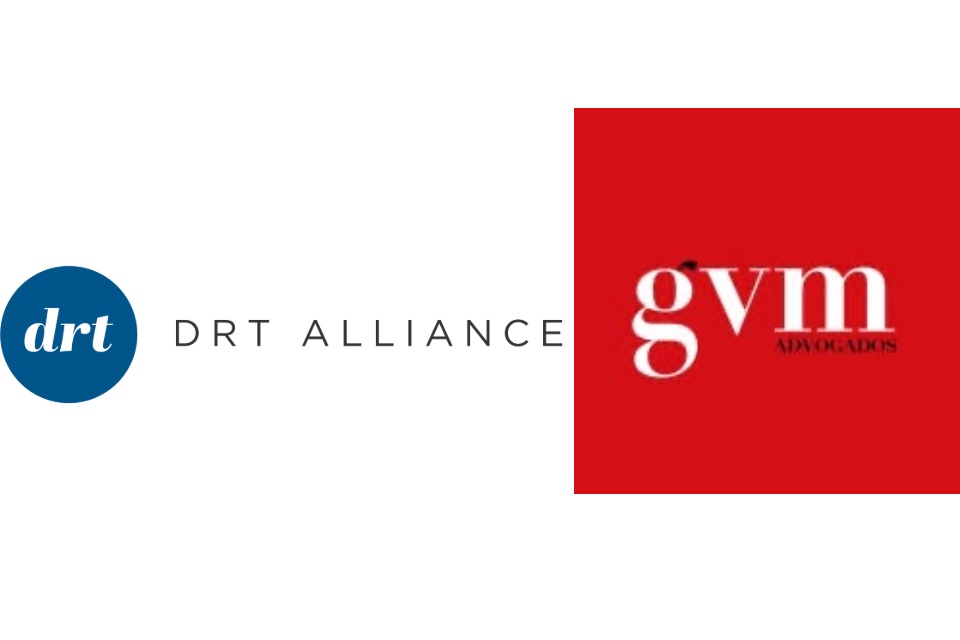The Dubai International Financial Centre (DIFC) Courts are fast becoming a preeminent forum to resolve disputes in the Middle East, however, not all disputes may be heard by these courts. The essential criterion to bring a claim within the DIFC Courts is whether there is a nexus between the cause of the action, or the entity in relation to its licensed activities, and the DIFC.
The DIFC Court’s recent judgment in Bhatia v. ICICI Bank, which has asserted its jurisdiction over business relationships entered into in the DIFC, is an important decision, one that both investors and investment banks should pay attention to. This particular judgment of the DIFC Court, issued in October 2014, establishes an important principle for investment banks operating in the DIFC. In this article, Diaz Reus partner Arti Sangar briefly overviews the facts in Bhatia v. ICICI Bank, the jurisdictional issues that arose in this case, and provides some insight on the practical relevance that can be drawn from the case for DIFC-registered investment banks.
Background
The dispute in Bhatia v. ICICI Bank relates to the marketing and sale of a foreign fund by ICICI Bank to the claimant. In January 2008, the claimant was contacted by the bank’s representative based in the DIFC branch to market and sell shares in a foreign fund registered in Mauritius. Subsequently, the investment failed and Bhatia sued the bank for allegedly providing negligent investment advice, amongst other claims, that led to his losses. The claimant’s action against the bank involved claims in tort and contract, as well as claims for regulatory breaches under the Dubai Financial Services Authority’s Conduct of Business Module Regulations. The pivotal issue in this case is whether the claimant fell within the DFSA regulatory definition of a “professional client”—an experienced purchaser of financial products—or whether the claimant was a “retail client,” which is a person who is not a professional client and is likely inexperienced in the purchase of financial products.
Additionally, the bank challenged the DIFC Court’s jurisdiction on the grounds that the claim does not disclose a valid or viable claim or action, that the claim was time barred, and that the parties have contractually opted out of the DIFC jurisdiction.
In reliance on Dubai Law No.12 of 2004, as amended by Law No. 16 of 2011, the claimant argued that the DIFC Court had exclusive jurisdiction over the dispute because the bank is physically present in the DIFC, it is licensed to do business in the DIFC, and the contracts were concluded in the DIFC. The Court took into consideration the fact that there had been written agreements between the parties to opt-out of the DIFC Court’s exclusive jurisdiction, however, reaffirmed that the Court has jurisdiction over the dispute.
Why are the issues in this case relevant to investment banks in the DIFC?
The specific issues that arose for consideration in the Bhatia case will cause investment banks in the DIFC to look again at their operations to make sure they avoid similar problems. As a starting point, investment banks should become familiar with those issues, and in particular, should not overlook the wider jurisdictional issues involved in investment contracts.
Investment banks are required to take reasonable steps to ensure that their communication is clear, fair, and not misleading, and that any marketing material provided to a client complies with the applicable requirements under the DFSA laws and regulations. In addition, investment banks in the DIFC should ensure that they properly categorize clients and exercise reasonable skill and care when assessing the suitability of financial products they offer, keeping into consideration each client’s individual risk tolerance and investment objectives.
Investment banks should also ensure that they have appropriate protocols and systems in place to gather and verify all relevant information on the experience and sophistication of each client to enable them to determine which category of client they are dealing with, i.e., whether a professional client or a retail client.
Moreover, investment banks should maintain records of the verification process carried out in connection with each client’s relevant qualifications, financial experience, and the composition and size of the client’s financial investment portfolio.
DIFC-registered investment banks should reassess the performance and conduct of their business and personnel to make sure that the services they provide are in compliance with their statutory duties.
Conclusion
The jurisdictional ruling in favor of Bhatia is a welcome development for investors. At the same time, the case highlights the legal risks that may be faced by financial institutions operating in the DIFC. The manner in which the DIFC Courts will decide future jurisdictional challenges is likely to prove to be an area of ongoing interest for the business community.
It will be interesting to see whether investors who lose their investments as a result of a bank’s breach of statutory duty chose to sue those banks in the DIFC Courts, and if a Defendant challenges the DIFC Courts’ jurisdiction, will the Court continue to find strong cause to hear the dispute. Time and the facts of each case alone will determine that, however, the Bhatia’s case provides many useful insights for both investors and investment banks.
Diaz Reus Dubai offers pro-active regulatory and compliance counsel, as well as legal representation in the DIFC Court system. Please contact us for further information.










































































































![Especial abogados Salón de la Fama[61] 4](https://diazreus.com/wp-content/uploads/2023/06/Especial-abogados-Salon-de-la-Fama61-4-pdf.jpg)



























































































































































































